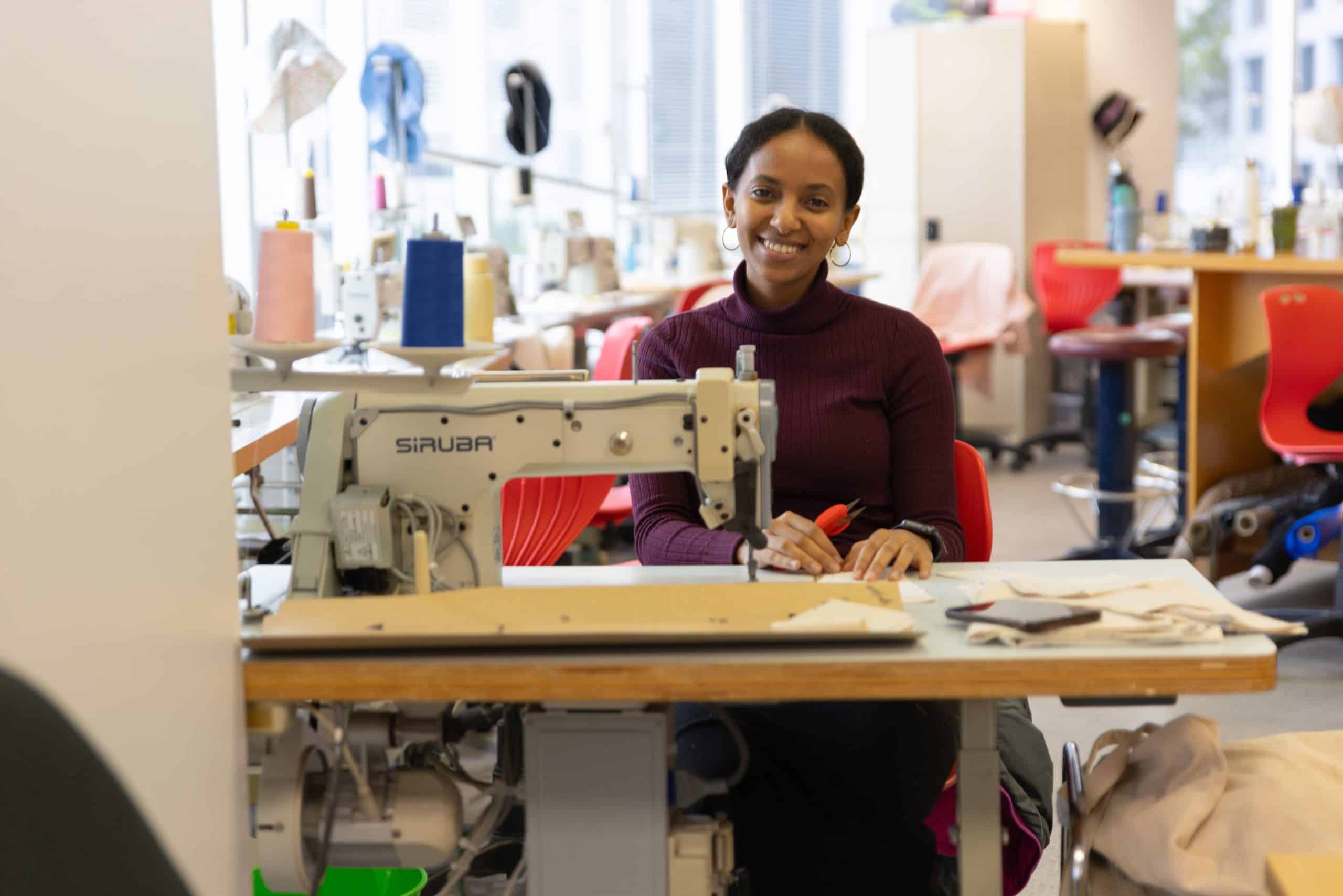
This is an entry-level programme that gets you hands-on with the skills needed to design and build a variety of garments from shirts to dresses to pants.
You’ll develop real-world techniques that bring full outfits to life.
This is an entry-level programme that teaches practical, hands-on, technical skills used to construct full garments.
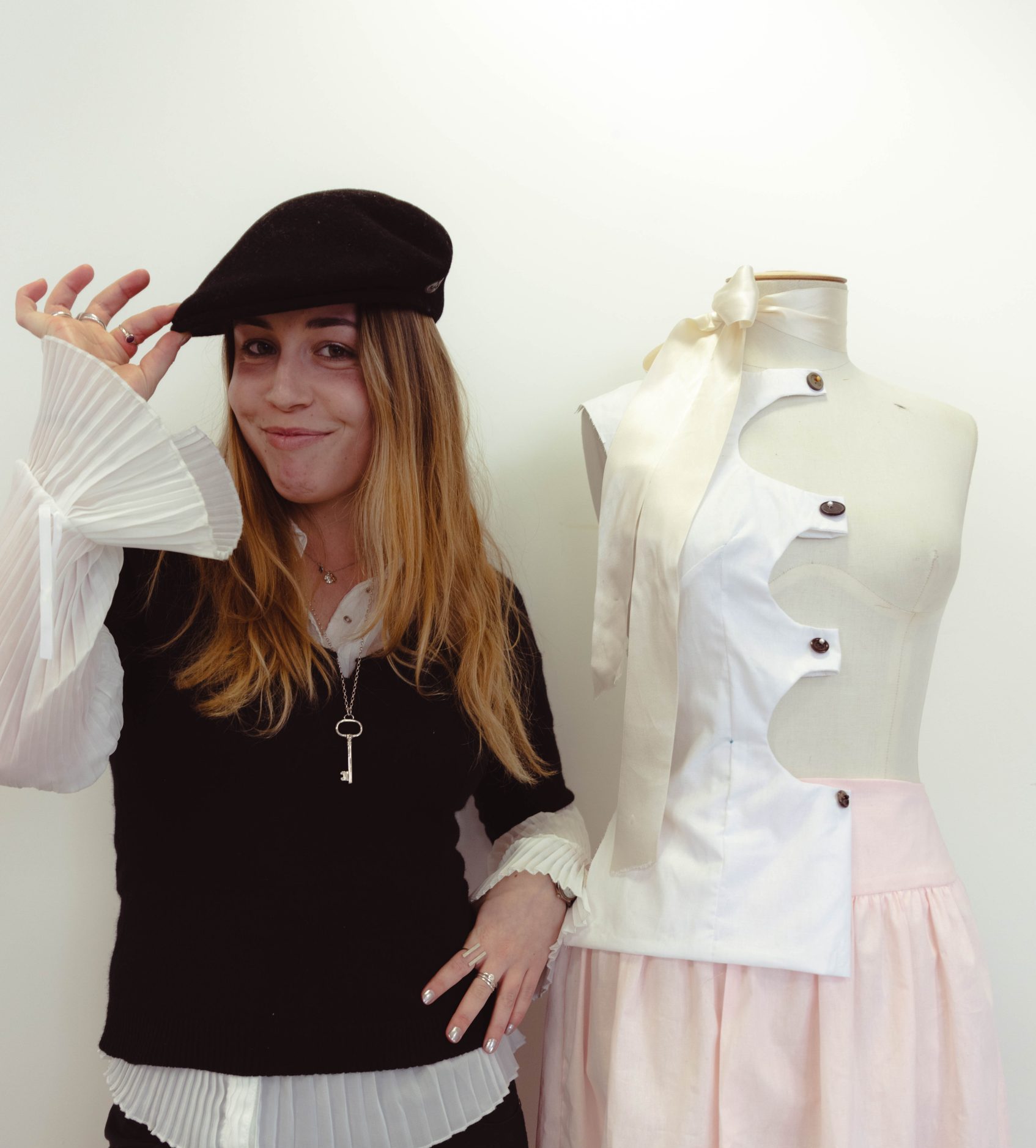
In this programme, students learn and apply industrial machinery techniques and terminology essential for fashion garment construction. They are introduced to fabric technology, patternmaking, and the principles of creative fashion design.
Students will also master industry-specific construction methods to create a variety of full garments, including skirts, tops, and trousers.
Throughout the course, they’ll gain industry-relevant skills that will lay the foundation for their journey into the dynamic worlds of both sustainable and commercial fashion design.
1 Year
Full-time
February 2025 Intake
17/02/2025
Auckland City Symonds Street Campus
Manukau Campus
Wellington Campus
Fees free may apply.
All 2025 fees are subject to change and regulatory approval.
Domestic: $7,994 + $300 Student Services Levy
International: $18,200 + $300 Student Services Levy
Further study options:
Level 5 Diploma in Fashion
Level 7 Bachelor of Sustainable Fashion Design

Certificate in Apparel + Fashion Technology
NZQA Level 4 (120 credits)
This is an entry-level programme that teaches practical, hands-on, technical skills used to construct full garments.
Become familiar with industrial machinery, techniques, and terminology necessary for garment construction and be introduced to fabric technology and patternmaking.
Learn to use industry-specific construction methods to make a range of full garments such as skirts, shorts, and trousers.
Passionate, industry-skilled lecturers, and small class sizes provide a nurturing learning environment with a strong focus on each student’s personal development and preparation for a career in the fashion industry.
Applicants must
International applicants must
The vast majority of our team have extensive experience within their respective industries. This is key in helping us ensure our graduates have the real-world skills they need for a successful career and bright future.
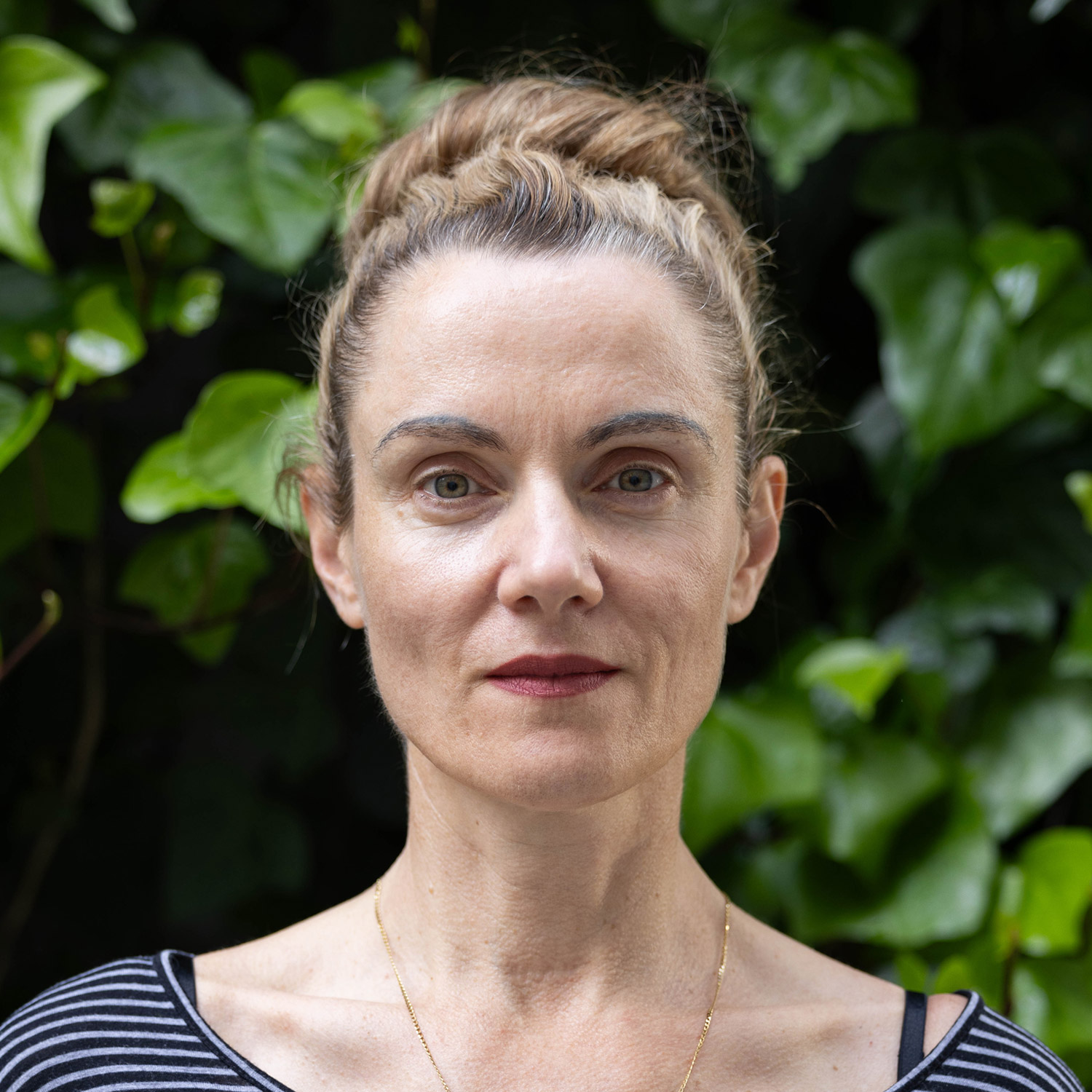
Veronica’s extensive fashion background spans from traditional fashion methodology to graphic a ...

Angela holds a Diploma in Fashion Design and Technology from Massey University, where she receive ...
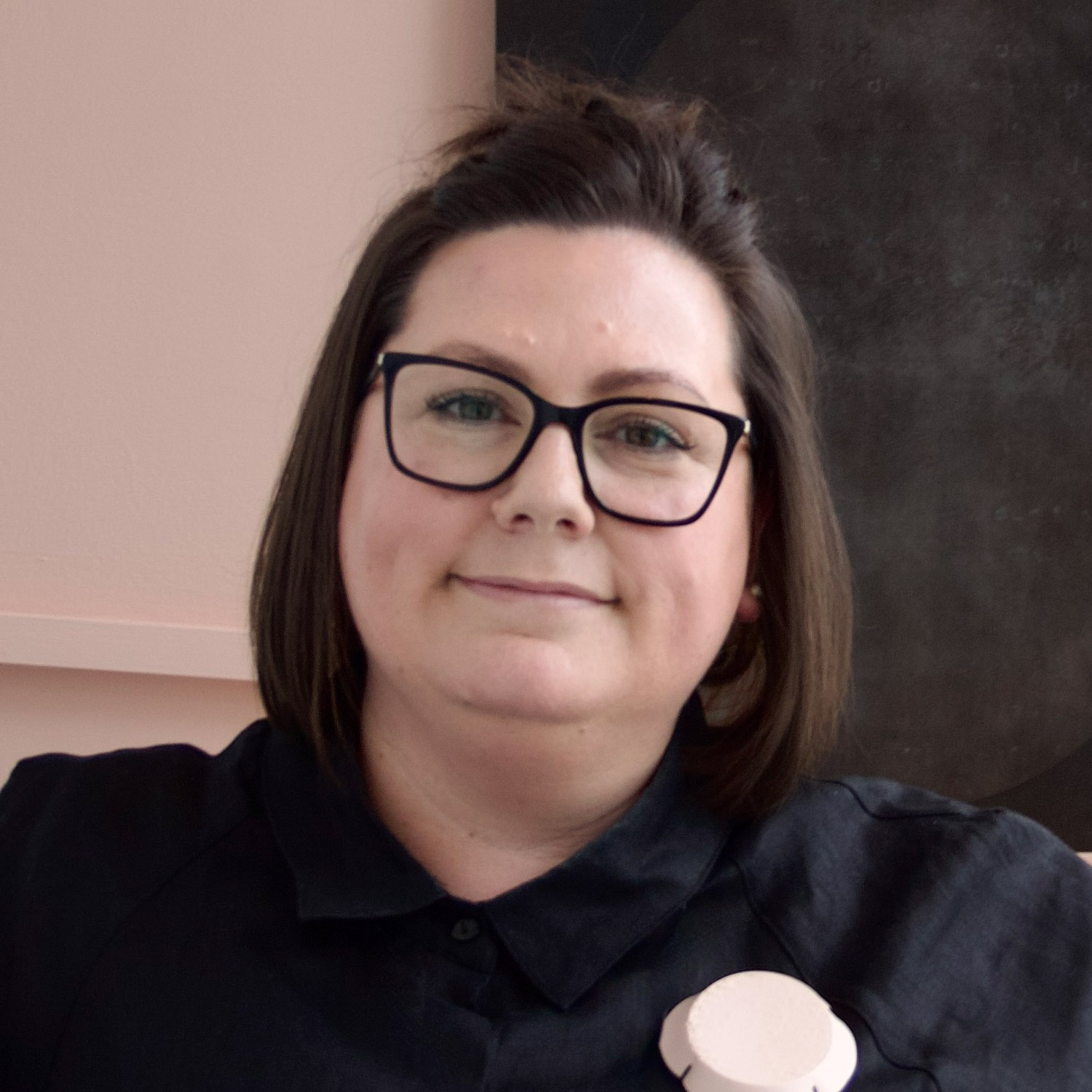
Denise Callan graduated from Whitecliffe College with a Bachelor in Jewellery Design and Technolo ...
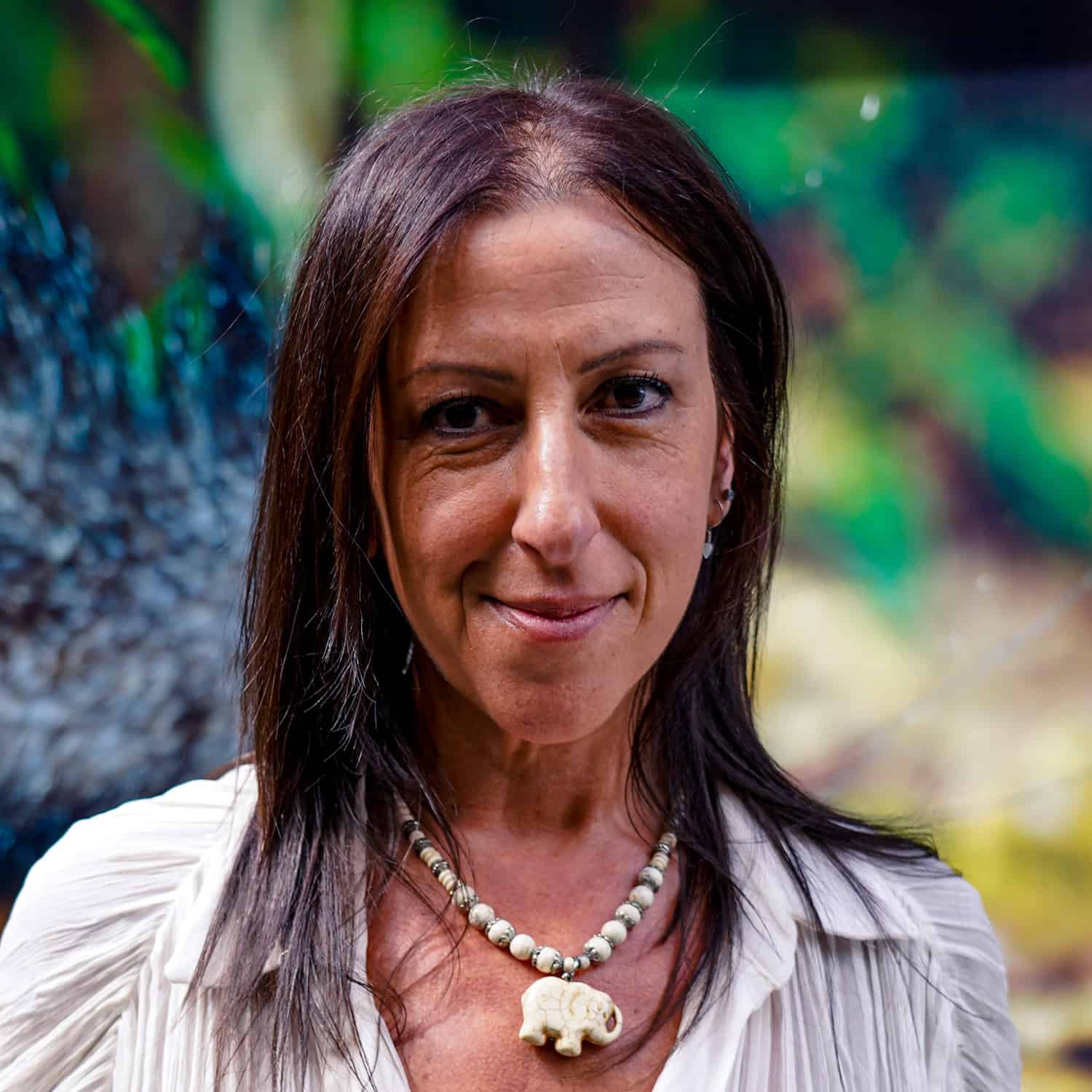
Doula has a rich background in fashion design, having graduated with an Advanced Diploma in Fashi ...

Giles Peterson is a distinguished educator and independent curator at Whitecliffe College of Arts ...

Harita Kapur is an academic and design professional with over 30 years of experience in integrati ...
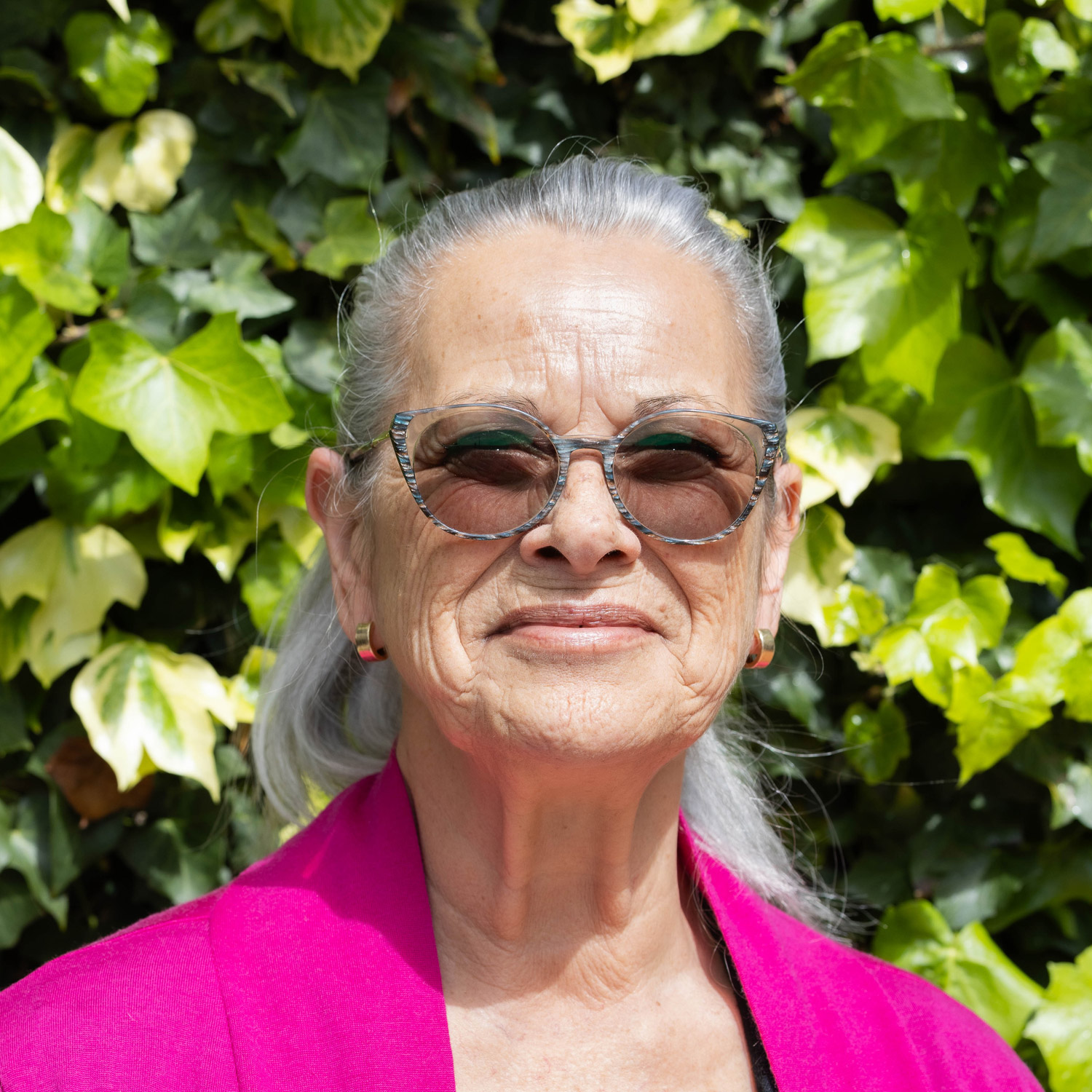
Working with such a diverse range of people brings Heather immense satisfaction. She truly believ ...

As a graduate of the Wellington Polytechnic School of Fashion, Lisa discovered her passion for fa ...
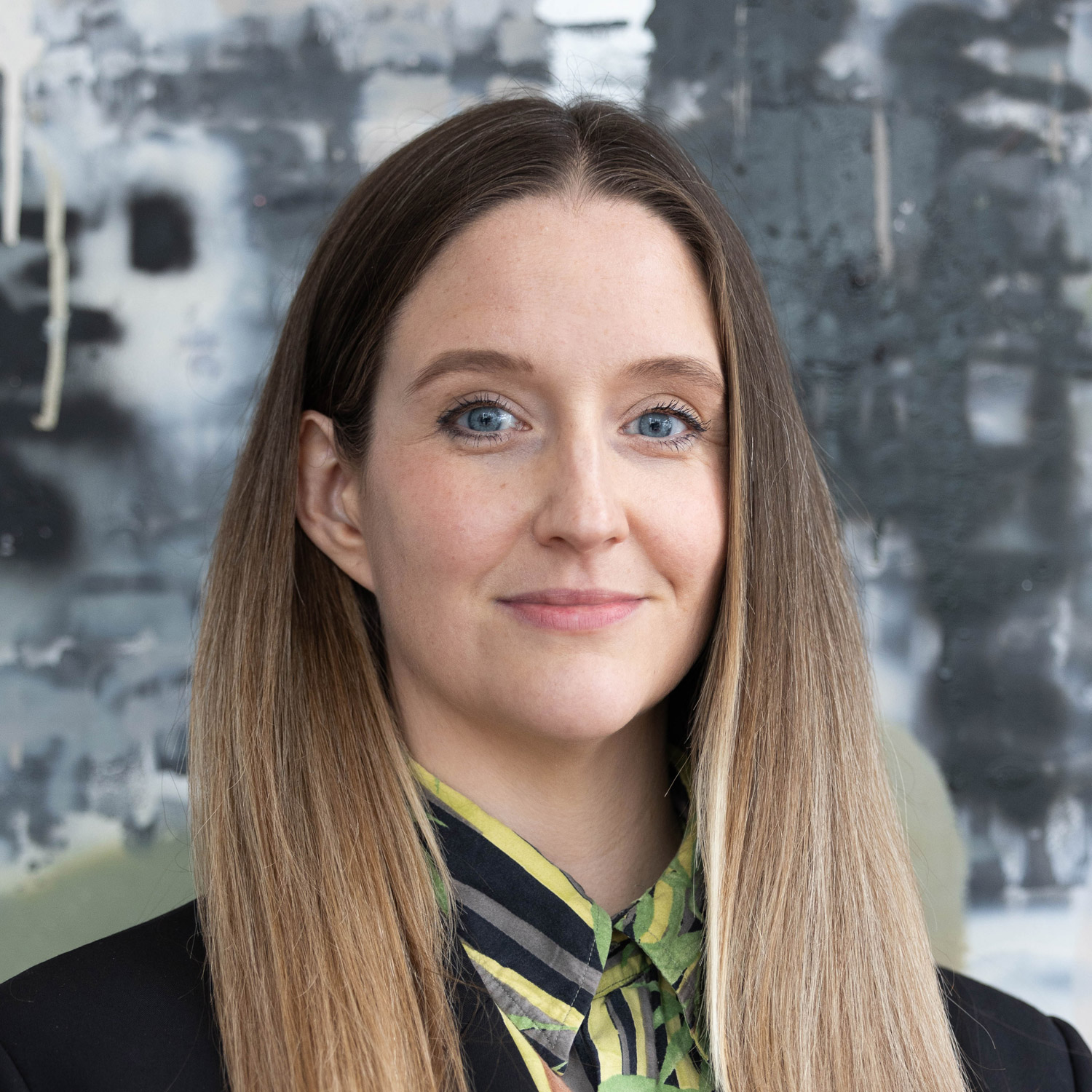
Michelle holds a Master’s degree in Fashion from Central Saint Martins, a Postgraduate Certific ...

Nicole integrates innovative design methodologies with a commitment to sustainability and critica ...
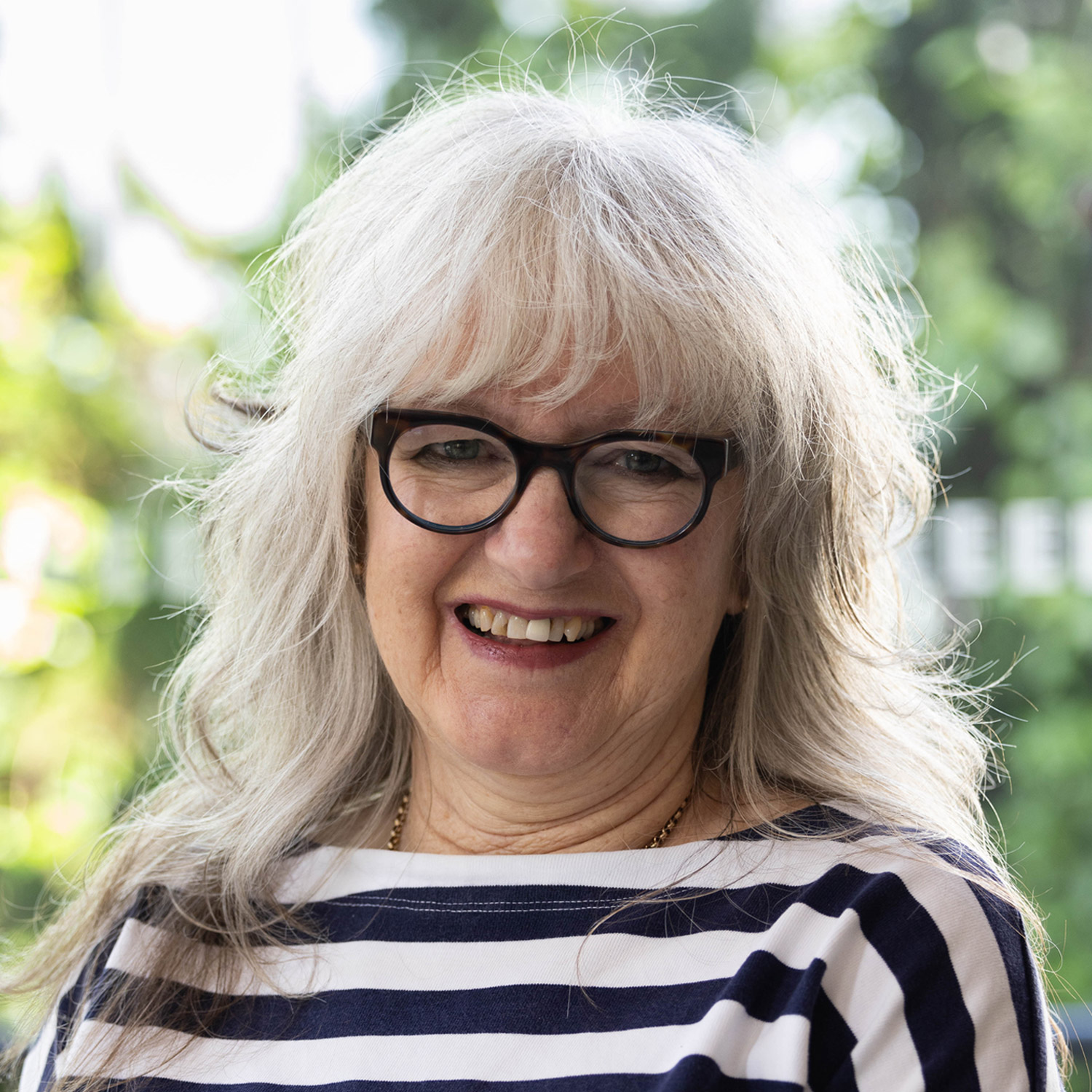
Born in Yorkshire during a time when crafting and repurposing were everyday practices, Susan Bart ...

Tannaz Barkhordari is a fashion designer and educator, specialising in sustainable fashion practi ...
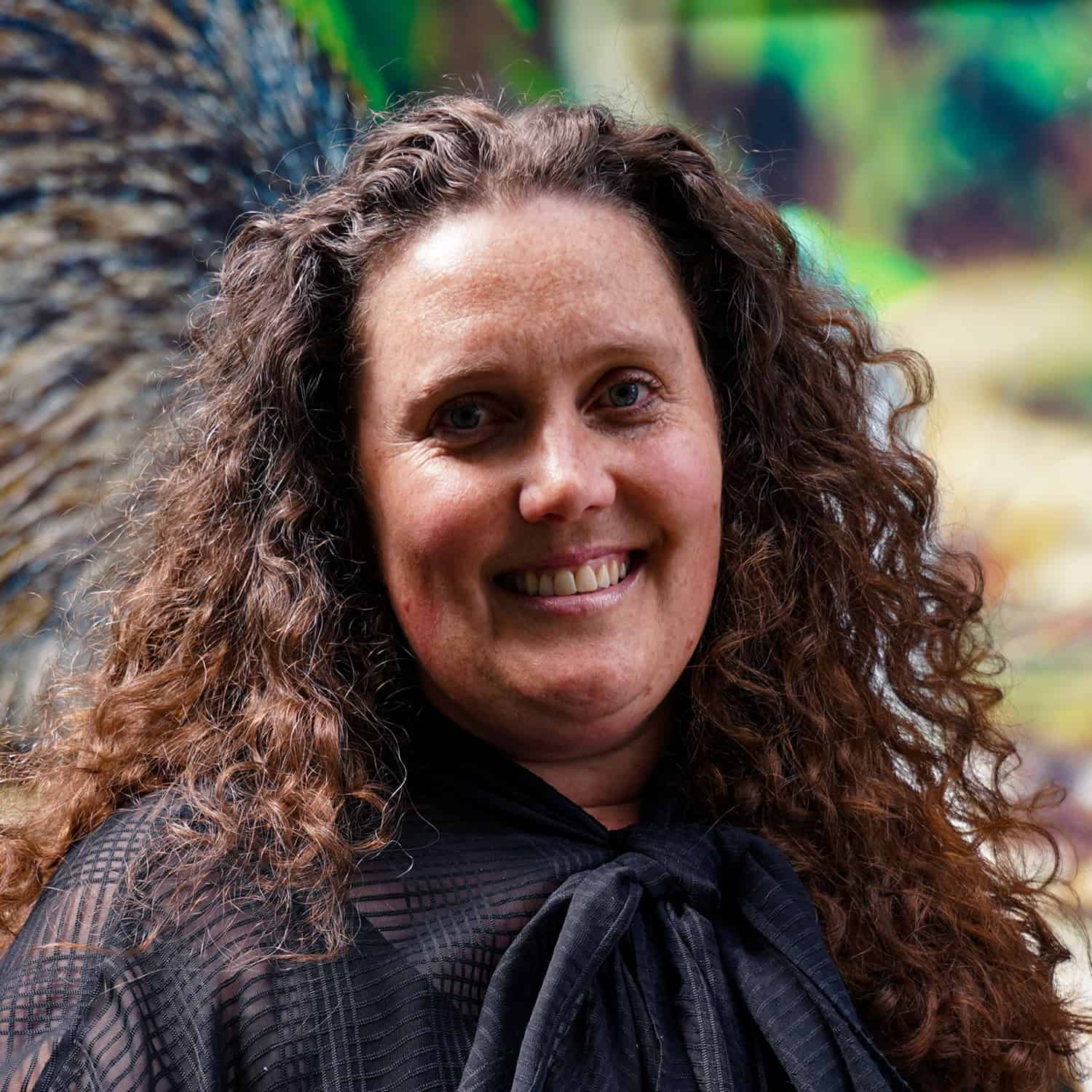
Pip has been involved in the fashion industry since completing her Bachelor of Design (Fashion) a ...
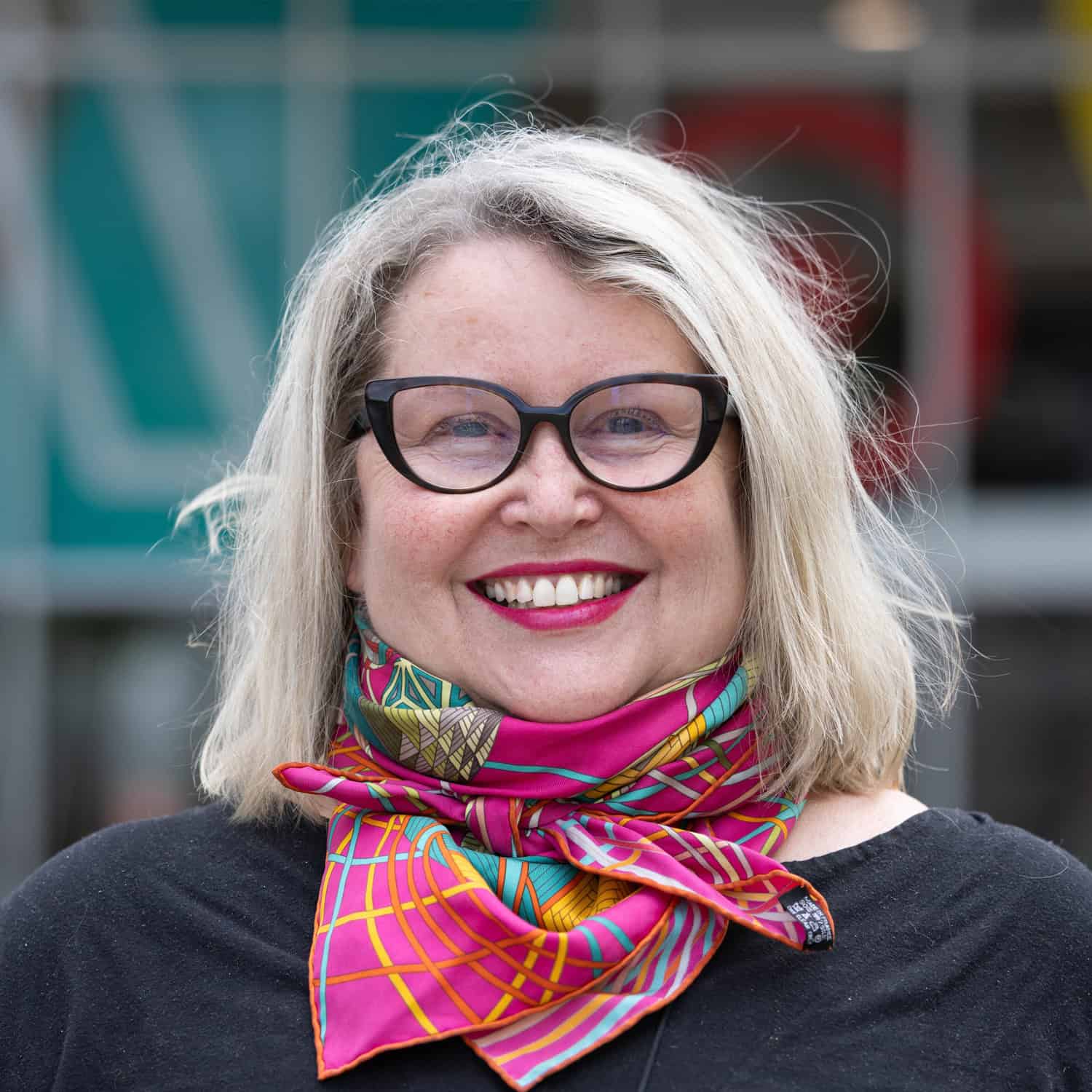
Christina has enjoyed a wonderfully diverse career. This has encompassed the design of lingerie, ...